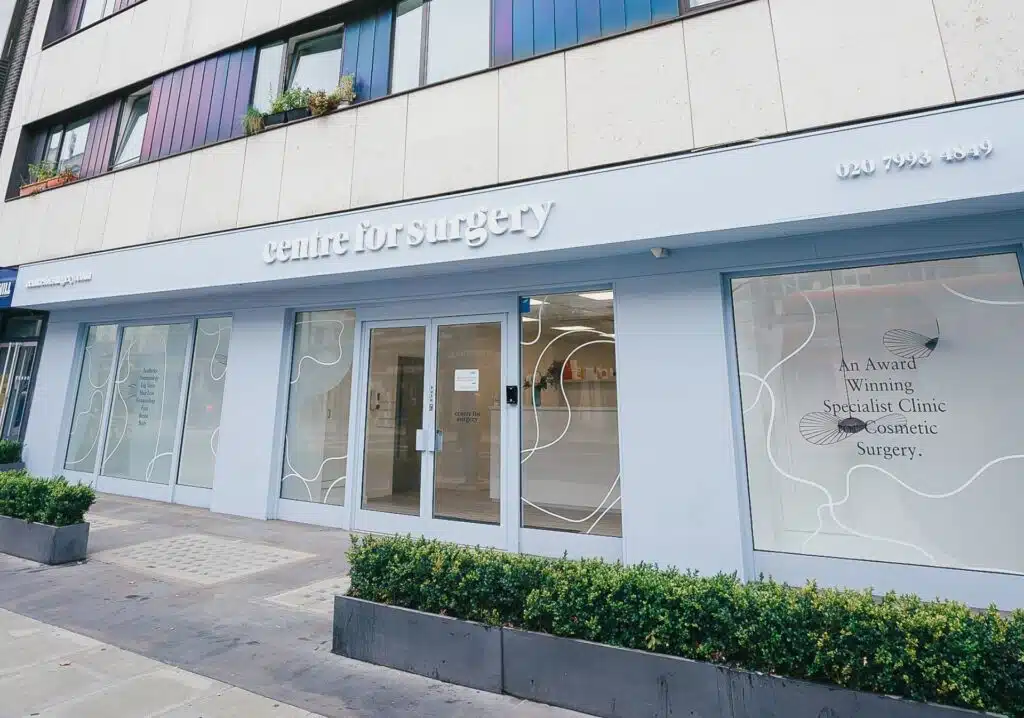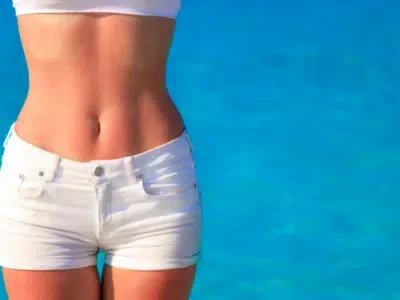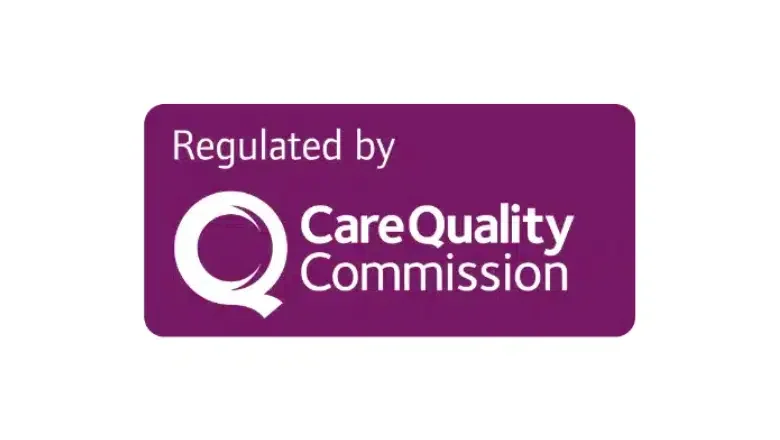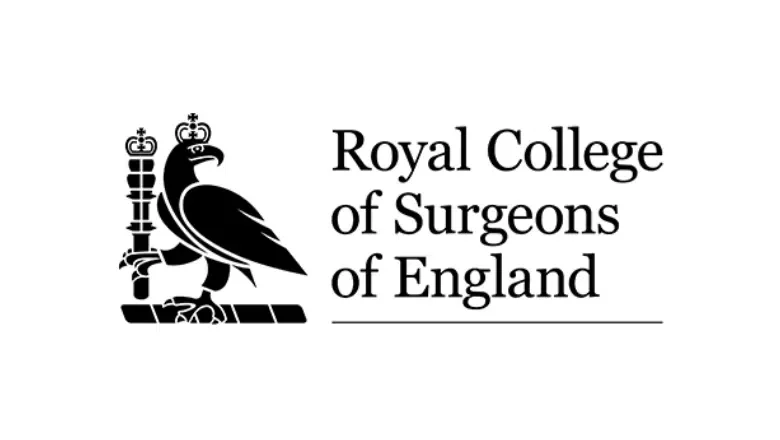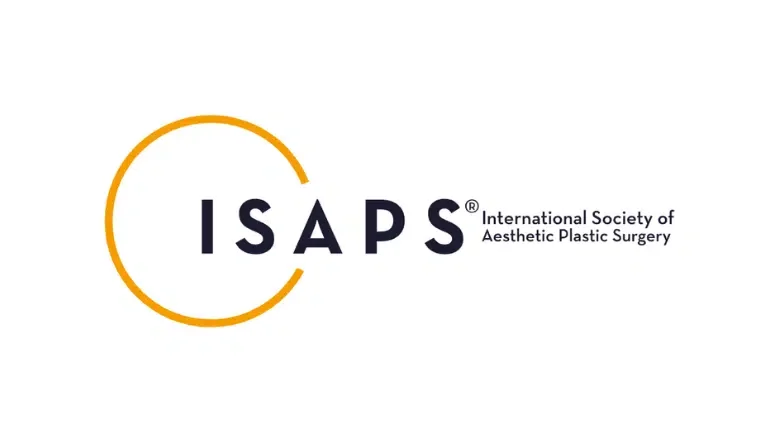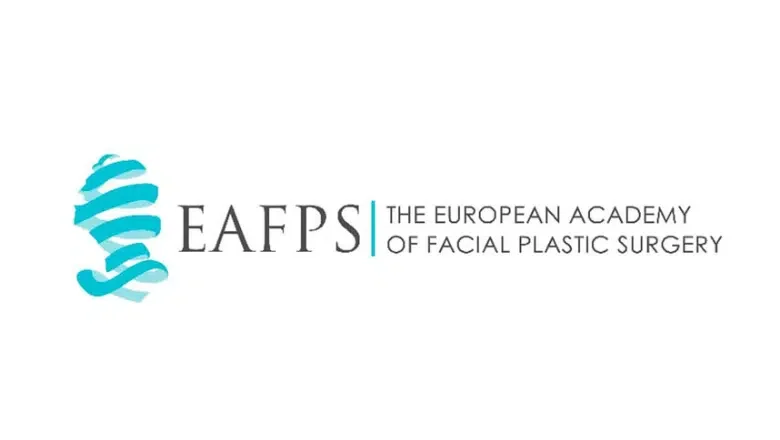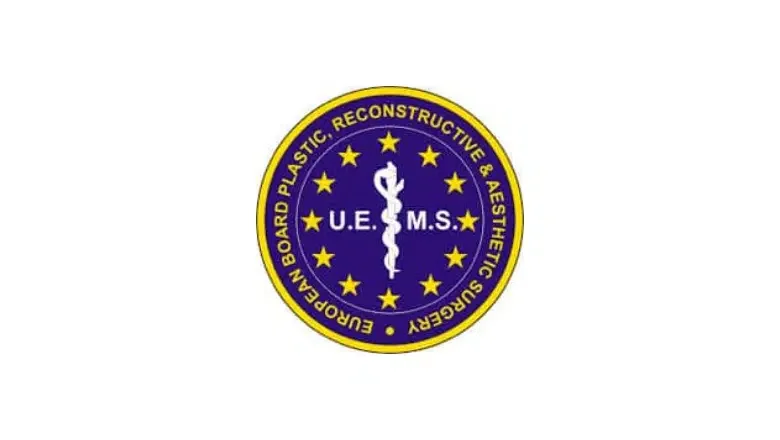Understanding Post-Liposuction Swelling and Bruising: Insights from Centre for Surgery
At Centre for Surgery, the leading plastic surgery clinic in London, we often guide our patients through the recovery process of various procedures, including liposuction. One common aspect of recovery is dealing with postoperative swelling and bruising, a natural response of the body following this procedure.
Liposuction involves the surgical removal of fat from specific areas of the body. During the process, a surgeon utilises a tool known as a cannula. This thin tube is skillfully manoeuvred under the skin, back and forth, to break down and suction out unwanted fat. This action of the cannula is not just about fat removal; it also creates numerous small channels beneath the skin’s surface.
Following the surgery, these channels, which were paths for the cannula, tend to fill up with bodily fluids. This fluid accumulation is primarily responsible for the swelling experienced after liposuction. It’s important to understand that swelling, along with bruising, is an integral part of the healing process. It signifies that your body is actively working to repair the changes made during the procedure.
At Centre for Surgery, we emphasise that swelling and bruising after liposuction is a temporary condition. Our expert team provides comprehensive care and guidance on managing and reducing swelling during the postoperative period. Each patient receives tailored advice to ensure a smooth and comfortable recovery journey, aligning with the high standards of care that our London clinic is known for.
RELATED: Recovery After Liposuction Surgery – Top Tips
How Long Does Swelling After Liposuction Last?
When undergoing liposuction, it’s important to be aware of the healing process, particularly in relation to swelling and bruising. Generally, the majority of swelling experienced after liposuction begins to diminish within 3 to 4 weeks. However, it’s not uncommon for this swelling to persist for several months before it completely resolves.
RELATED: What are Liposuction Side Effects?
Typically, the swelling reaches its peak around the third day following the procedure, and then gradually starts to reduce. It’s crucial to remember that the healing process is unique to each individual. Your recovery may differ significantly from others, influenced by various factors such as your overall health, the specific characteristics of your body, the amount of fat removed during the procedure, the size and location of incisions, and the quality of post-operative care you receive.
Optimal Strategies for Managing Swelling After Liposuction Surgery
Addressing swelling after liposuction effectively involves a blend of patience and specific post-operative care. While time is a crucial factor in the reduction of swelling and inflammation common to plastic surgeries, several additional measures can significantly aid in this process and expedite recovery. Here are the key strategies:
Application of Ice Packs
Ice packs or cold compresses are effective in lessening swelling, bruising, and discomfort. Applying these to the affected areas for 15-20 minutes per hour, particularly during the initial days post-surgery, can be beneficial. However, it’s important to consult with your doctor for detailed guidance on how to apply these remedies correctly.
Consistent Use of Compression Garments
Surgeons typically recommend wearing a compression garment for a few weeks post-liposuction. These garments come in various sizes and shapes, offering support during the healing process. The pressure from the garment helps to minimize fluid buildup under the skin and promotes faster absorption of this fluid, which in turn reduces swelling. Additionally, compression garments aid in skin contraction, aligning with your body’s new contours and preventing wrinkles or creases post-surgery. High-quality garments are made from anti-microbial and breathable fabric, enhancing comfort and reducing skin irritation. It’s essential to adhere to your surgeon’s instructions regarding the duration and frequency of wearing these garments.
Engaging in Manual Lymphatic Drainage Massage
Some surgeons advocate for manual lymphatic drainage (MLD), a specialized massage technique, to reduce post-liposuction swelling. This gentle approach enhances fluid drainage beneath the skin. If approved by your doctor, schedule sessions with a professional therapist. Ensure the massage is gentle to avoid increasing bruising or discomfort.
Practice Dry Skin Brushing
Similar to lymphatic massage, dry skin brushing promotes lymphatic drainage. Using a natural bristle brush, gently stroke your skin towards the heart, preferably before showering or bathing. This not only aids in reducing swelling but also refreshes the skin and boosts immunity.
Reduced Salt Intake
Lowering your salt consumption can accelerate the reduction of swelling. Sodium leads to water retention, exacerbating swelling. Avoiding excess salt intake, especially in the immediate post-operative period, is advisable.
Avoid Sports Drinks; Increase Water Intake
Sports drinks, often high in sodium, should be avoided during recovery as they can lead to increased water retention. Instead, focus on staying hydrated by drinking ample water.
Incorporate Short Daily Walks
Surgeons commonly recommend short, daily walks during the initial weeks post-surgery. This activity helps reduce swelling and prevents blood clot formation. However, strenuous physical activities should be avoided.
RELATED: Exercising after Liposuction – Top Tips
Consider Prescription Anti-Inflammatory Medications
Anti-inflammatory drugs like aspirin and ibuprofen can alleviate pain and inflammation, thus reducing swelling. However, due to their blood-thinning effects that might slow down healing, these should be used cautiously and strictly as your doctor prescribes. Avoid self-medicating with over-the-counter anti-inflammatory drugs during your recovery period unless specifically advised by your healthcare provider.
What to Avoid After Liposuction
Liposuction is a significant procedure that requires careful post-operative care to ensure optimal results and a smooth recovery. Understanding what to avoid after the surgery is crucial for minimising complications and enhancing the healing process. Here’s a detailed guide:
- Strenuous Physical Activities: It is essential to avoid vigorous exercises and heavy lifting for a few weeks following liposuction. High-impact activities can increase swelling and risk of injury to the treated areas. Light walking is encouraged to maintain circulation, but anything more intense should be avoided until your surgeon gives the all-clear.
- Exposure to Heat and Sun: Avoid saunas, hot tubs, and prolonged sun exposure, as heat can exacerbate swelling and inflammation. Sun exposure can also lead to pigmentation issues in the healing areas, so it’s crucial to protect your skin.
- Tight or Restrictive Clothing: Wearing tight or restrictive clothing over the treated areas can hinder proper circulation and might disrupt the healing process. It’s best to wear loose, comfortable clothing that does not press against the incision sites.
- Bathing and Swimming: Until your incisions have fully healed, avoid submerging the treated area in water, such as a bathtub, swimming pool, or ocean. This precaution prevents infection and ensures that the incision sites are not irritated.
- Alcohol and Smoking: Alcohol consumption and smoking can impair your body’s ability to heal. Alcohol can increase the risk of bleeding and swelling, while smoking restricts blood flow, delaying the healing process. Avoiding these substances for a few weeks before and after the procedure is advised.
- Certain Medications and Supplements: Some over-the-counter medications and supplements can increase the risk of bleeding and should be avoided. These include aspirin, ibuprofen, and certain herbal supplements. Always consult with your surgeon regarding which medications and supplements to avoid.
- Poor Diet: A balanced diet is crucial for recovery. Avoid processed foods, high-sodium foods, and sugary snacks, as they can increase swelling and negatively affect overall health. Focus on a diet rich in fruits, vegetables, lean proteins, and whole grains to aid in your recovery.
- Neglecting Post-Operative Instructions: Failing to follow your surgeon’s post-operative care instructions can lead to complications. This includes not wearing the compression garment as instructed, missing follow-up appointments, or not taking prescribed medications properly.
- Ignoring Signs of Complications: If you notice any signs of infection, excessive swelling, or other unusual symptoms, it is crucial to contact your surgeon immediately. Ignoring these signs can lead to serious complications.
- Rushing the Recovery Process: Every individual’s body heals at its own pace. It’s important not to rush the recovery process and allow your body the time it needs to heal properly. Avoid comparing your recovery to others and focus on your own journey.
- Unrealistic Expectations: It’s important to have realistic expectations about the results of liposuction. Avoid being overly critical of your body during the healing process, as it takes time for the final results to manifest.
- Psychological Stress: High levels of stress can negatively impact the healing process. Engage in stress-relieving activities like meditation, gentle yoga, or reading, and ensure you get adequate rest.
Liposuction in London: Excellence at Centre for Surgery
Unrivalled Expertise in Liposuction at Centre for Surgery, London
Located in the heart of London, Centre for Surgery stands as a beacon of excellence in the field of cosmetic surgery, particularly liposuction. Our state-of-the-art clinic at 95-97 Baker Street, London, offers unparalleled services in a comfortable and discreet environment.
Why Choose Centre for Surgery for Your Liposuction?
- Tailored Approach: Each patient receives individualised care, ensuring the best possible outcomes.
- Advanced Techniques: Utilisation of the latest liposuction methods for superior results.
- Experienced Team: Our skilled surgeons are experts in their field, backed by comprehensive training and a commitment to patient safety and satisfaction.
Patient Testimonials
- “After my liposuction at Centre for Surgery, I feel like a new person. The care I received was exceptional, and the results are beyond what I imagined. Truly life-changing!” – Emma H.
- “The professionalism and expertise at Centre for Surgery are second to none. My recovery was smooth, and the staff were incredibly supportive throughout the process.” – John D.
- “Choosing Centre for Surgery for my liposuction was the best decision. The results are natural and exactly what I wanted. I couldn’t be happier!” – Rachel S.
Easy Access to Finance Options
Understanding the financial aspect of cosmetic surgery, Centre for Surgery offers various finance options, including 0% APR with Chrysalis Finance, making procedures more accessible for our patients. Find more about our finance options here: Centre for Surgery Finance Options.
Expanding Your Knowledge with Our Plastic Surgery Blog
Dive deeper into the world of cosmetic surgery through our informative blog. Whether it’s the latest trends, detailed procedure explanations, or aftercare tips, our blog is a treasure trove of information. Visit our blog here: Centre for Surgery Blog.
Answering Your Queries – Clinic FAQs
Have questions? Our comprehensive FAQ section covers a wide range of queries related to cosmetic surgery, pre- and post-operative care, and more. Explore our FAQs here: Centre for Surgery Clinic FAQs.
Book Your Consultation Today
Ready to take the next step? Contact us for a detailed consultation where we can discuss your goals and how liposuction at Centre for Surgery can help you achieve them.
📞 Phone: 0207 993 4849 📧 Email: contact@centreforsurgery.com 📍 Address: 95-97 Baker Street, London W1U 6RN More about our Baker Street Clinic
For a detailed insight into our ethos and patient care, visit our ‘About Us’ page here: Why Choose Centre for Surgery?
Embark on your journey towards a more confident self with Centre for Surgery, where patient care, safety, and satisfaction are our top priorities.

